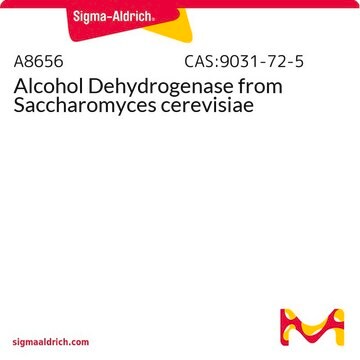745782
16-Amino-1-hexadecanethiol hydrochloride
96%
Synonym(s):
16-Mercaptohexadecylamine hydrochloride
Sign Into View Organizational & Contract Pricing
All Photos(1)
About This Item
Empirical Formula (Hill Notation):
C16H35NS · HCl
CAS Number:
Molecular Weight:
309.98
MDL number:
UNSPSC Code:
12352103
PubChem Substance ID:
NACRES:
NA.23
Recommended Products
Assay
96%
form
powder
mp
68-73 °C
storage temp.
2-8°C
SMILES string
SCCCCCCCCCCCCCCCCN.Cl
InChI
1S/C16H35NS.ClH/c17-15-13-11-9-7-5-3-1-2-4-6-8-10-12-14-16-18;/h18H,1-17H2;1H
InChI key
CNCJUEWDIUPOPE-UHFFFAOYSA-N
Application
This aminoalkanethiol can be utilized for the surface modification of gold nanoparticles. The amino groups introduced by the aminoalkanethiols on the gold surface are usually modified with amine reactive materials such as proteins or other biomaterials. The longer alkane chain helps form a more stable self-assembled monolayer (SAM) on a gold surface due to the greater Van-der-Waals forces between alkane chains.
Storage Class Code
11 - Combustible Solids
WGK
WGK 3
Flash Point(F)
Not applicable
Flash Point(C)
Not applicable
Choose from one of the most recent versions:
Certificates of Analysis (COA)
Lot/Batch Number
Don't see the Right Version?
If you require a particular version, you can look up a specific certificate by the Lot or Batch number.
Already Own This Product?
Find documentation for the products that you have recently purchased in the Document Library.
Customers Also Viewed
Ahlem Laribi et al.
Talanta, 215, 120904-120904 (2020-04-22)
This work presents a comparison between static and dynamic modes of biosensing using a novel microfluidic assay for continuous and quantitative detection of Legionella pneumophila sg1 in artificial water samples. A self-assembled monolayer of 16-amino-1-hexadecanethiol (16-AHT) was covalently linked to
Zhihua Xu et al.
Small (Weinheim an der Bergstrasse, Germany), 8(2), 253-258 (2011-12-20)
The effect of the external charge trap on the photoluminescence blinking dynamics of individual colloidal quantum dots is investigated with a series of colloidal quantum dot-bridge-fullerene dimers with varying bridge lengths, where the fullerene moiety acts as a well-defined, well-positioned
Quantum dot-bridge-fullerene heterodimers with controlled photoinduced electron transfer.
Zhihua Xu et al.
Angewandte Chemie (International ed. in English), 50(27), 6079-6083 (2011-05-12)
Our team of scientists has experience in all areas of research including Life Science, Material Science, Chemical Synthesis, Chromatography, Analytical and many others.
Contact Technical Service












